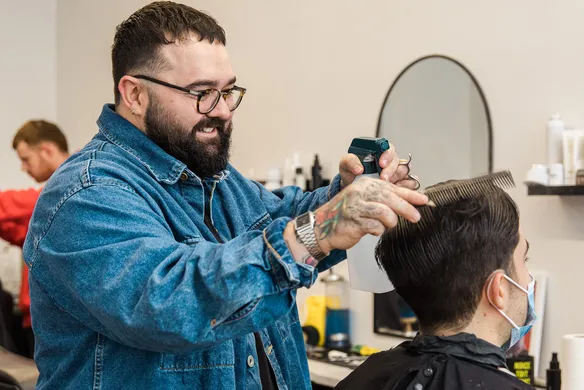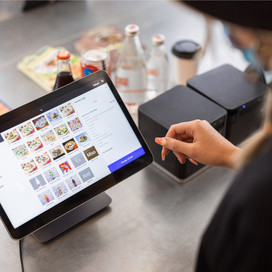Book in with your barber, drop yourself in the chair and get a mullet for a good cause. Proceeds go to the Black Dog Institute, so feel free to ask about that and have a conversation about mental health at the same time.
Joining the Mullets for Mental Health campaign is just one of the ways that Adelaide’s GoodTimes Barbershop has been raising awareness with its customers. They’ve also cut hair at a Movember lunch where money raised went to supporting health projects in mental health and suicide prevention.
Owner Aaron Dryden describes GoodTimes as a modern, appointment-based barber.
“I launched GoodTimes in 2020 during the really rough part of Covid-19. After working in a few other shops, I had a general idea of what I wanted to offer. That was to do simple things really well and provide our customers with a safe space and a service above the standard currently offered. The rest organically continues to grow from there.”
Aaron reckons “a salon should always be a safe space to speak freely about everything that’s going on in your life”.
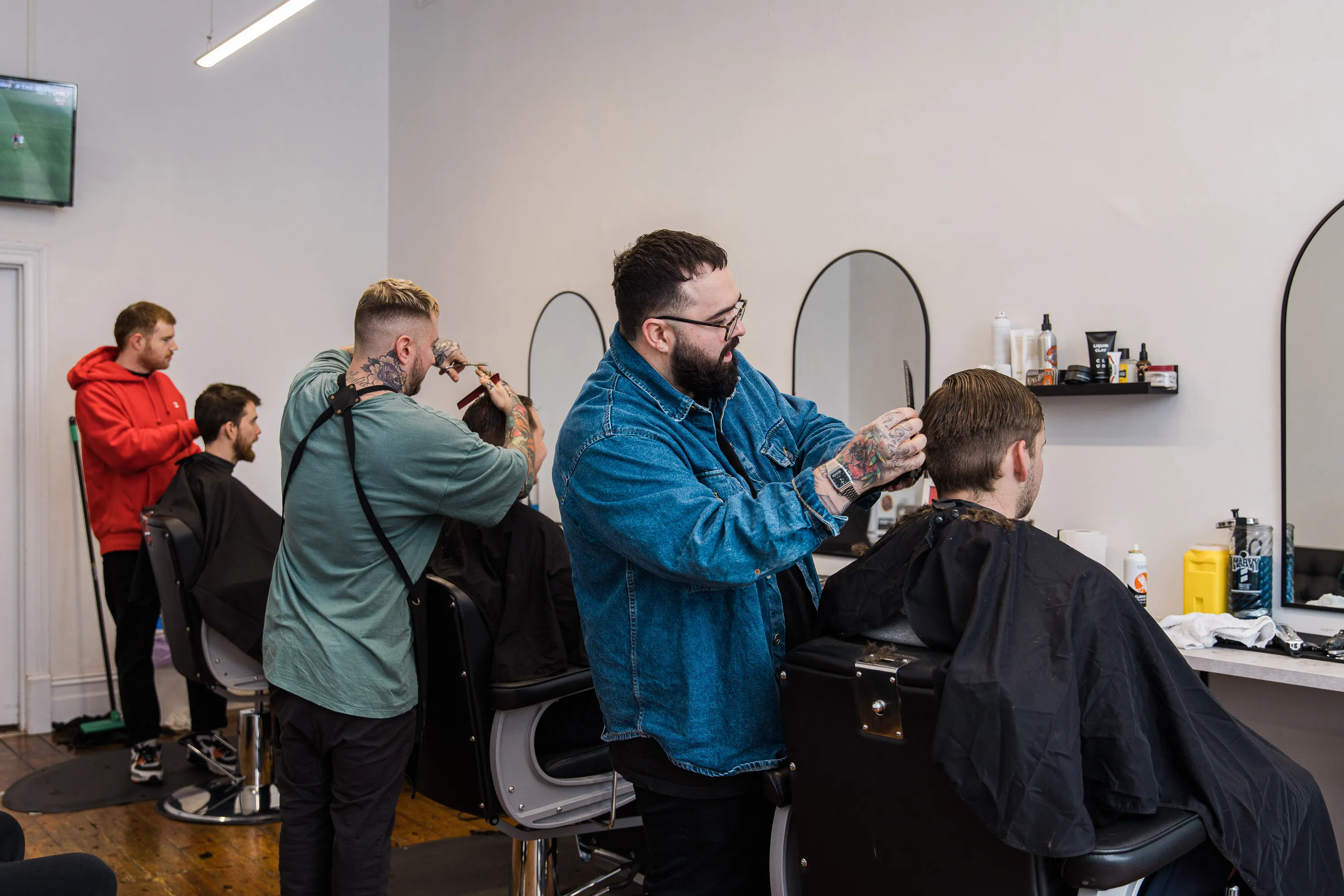
“We focus heavily on creating a relaxed and laid-back environment for people to be vulnerable about any issues or celebrate life’s wins. Everyone has good and bad days – talking them through over a coffee, or celebrating with a beer, can really help.”
Having someone to have a casual chat with, someone who can steer you towards seeking help can be an important step.
“I am currently working on a mental health and customer care workshop with professionals in this space to better equip staff with training and knowledge to deal with not only our customers but also ourselves,” Aaron says.
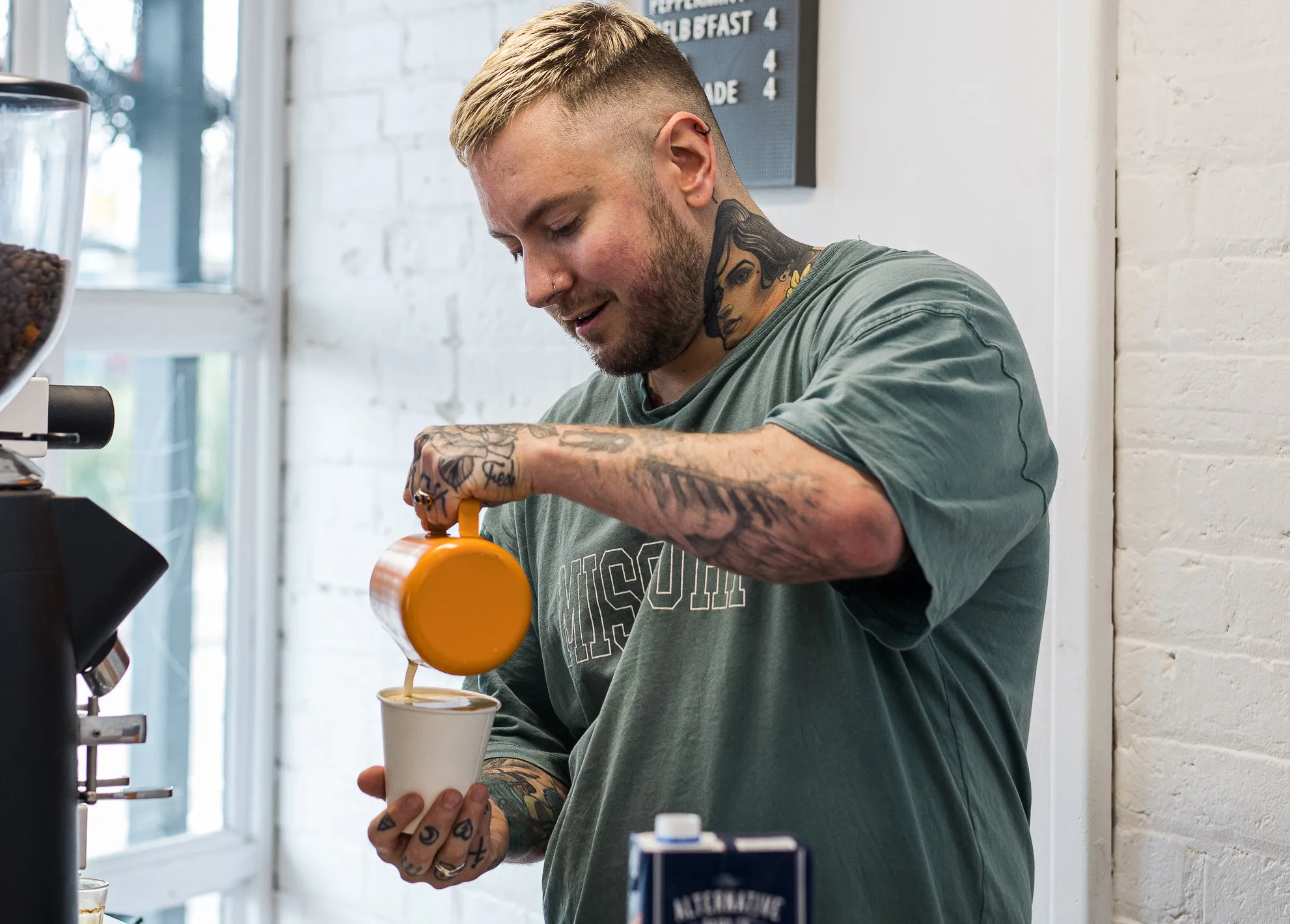
“I hope that one day, the same sort of training becomes a national standard when studying to get into the hair and beauty industry, as we currently have no baseline mental health training nationally.”
One crucial exception to this lack of training is in the area of family violence. In Australia there are a number of organisations, such as Hair 3Rs and Hairdressers with Hearts, offering hairdressers training to direct women seeking help, and empowering salon workers to feel safe themselves while having these difficult conversations.
It’s important work, according to one University of Melbourne researcher. Dr Hannah McCann conducted a 2018 survey of almost 400 people working in or visiting salons. Over half of the workers surveyed had experienced a client disclosing family or gender-based violence. And 81.3 per cent of salon workers reported having clients describe mental health issues.
Better mental health and family violence training would not only support hair and beauty workers but also validate the emotional work they are already doing, Dr McCann found.
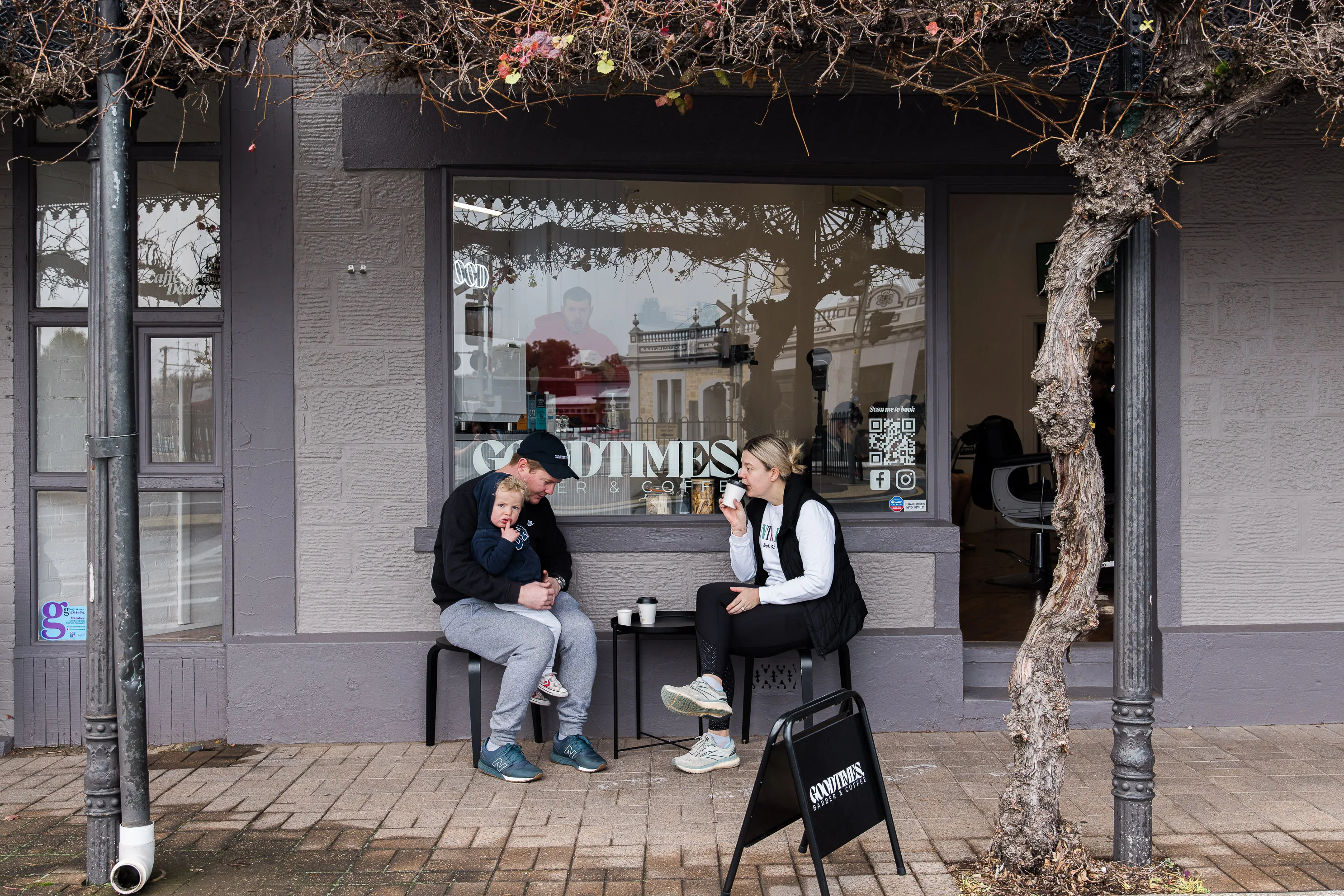
And it’s not only clients’ mental health that needs a helping hand. Staff need to be cared for, too.
“Our environment is a safe space for all of our customers but also for us. If we aren’t in a good place it really shows in the product,” Aaron at GoodTimes says.
“I think it’s a responsibility of all business owners to know that everyone is different and deals with things in so many ways. Working with the individual allowing flexibility is super important.”
Organisations such as the Black Dog Institute and Beyond Blue provide resources to businesses for managing employee mental health. Heads Up (a Beyond Blue initiative) says that the benefits to employers who support employees with mental health conditions such as depression and anxiety include “retaining skills and experience … and, above all, building a workplace culture that demonstrates to all employees that they are cared for and valued.”
Aaron fully agrees.
“Mental health is the most important thing within the health and beauty industry and within our business,” he says.
“Staff are more than just another employee or someone to make you profit, and this will always be key. Keeping people engaged, busy and employed is key to the industry moving forward.”
At the end of the day, by helping someone else, Aaron says, you might just be helping yourself.
“I aim to work closely with organisations directly linked with mental health because not only have I used the resources myself in the past but they are super important to keeping people alive.”
*For family violence support, contact 1800 RESPECT (1800 737 732) or visit 1800respect.org.au
If you or someone you know is experiencing emotional distress or crisis, please call Lifeline on 13 11 14 or visit lifeline.org.au*
This article contains publicly available information about certain Square sellers, and has been independently prepared by Square without request or payment from the sellers listed. Square does not warrant or represent that the information in this article is accurate or suitable for your purposes. Please contact the Square sellers listed in this article directly if you require any further information.
![]()

